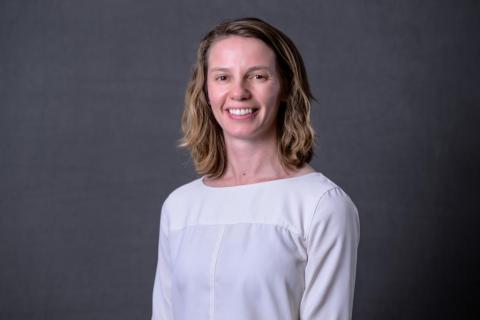Inequity in college student success and retention in Science, Technology, Engineering, and Math (STEM) fields continues despite decades of effort to correct it. I am interested in the formation of student affective experience (encompassing science identity, self-efficacy, growth mindset, persistence, and belonging) and its influence on learning and academic success for diverse student identities.
I investigate the influence of various factors (instructor type, course delivery mode, course level, use of scientific teaching practices, establishment of inclusive classroom culture, and exposure to early research opportunities) on student perceptions of biology classrooms to understand factors that are most influential. I am also interested in the influence of peer mentoring programs on the affective experience and academic success of students. In the sciences, trusted mentoring relationships are especially important for students with minoritized identities, women, and first-generation college-going students to establish a sense of belonging. Assessment data from peer mentoring programs can be used to improve program effectiveness and implementation across campuses.
In future projects, I will continue to investigate the role of curricular and co-curricular programming on the formation of student affective experience and how student connections in the classroom and on campus influence their ability to participate and succeed in learning environments.

